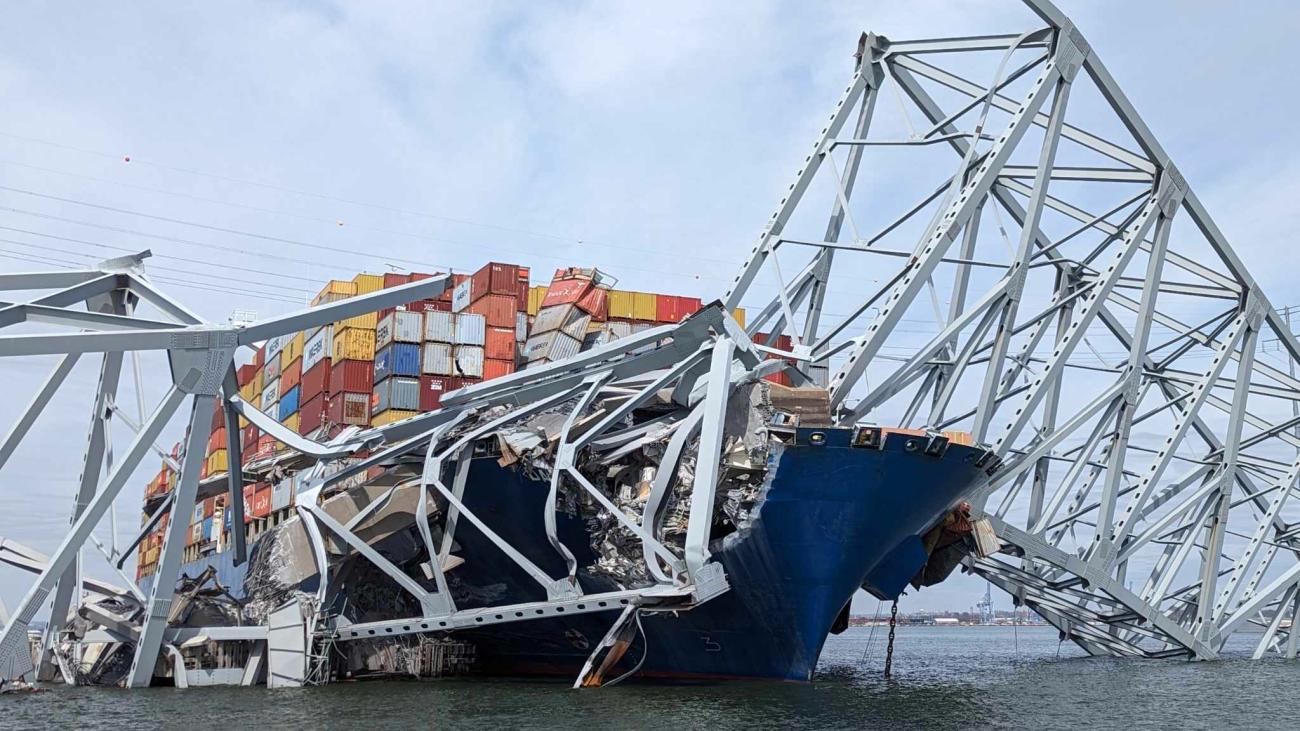How the Baltimore bridge collapse could affect U.S. automakers: ‘It will probably lengthen the supply chain a bit’

A container ship leaving the Port of Baltimore struck the Francis Scott Key Bridge, leading to its collapse. Six construction workers are missing and presumed dead. The vessel, Dali, lost control in the incident. Port of Baltimore is closed until further notice. Major automakers like General Motors and Ford are re-routing shipments due to the disruption. CFOs play crucial roles in navigating supply chain issues, as per a Deloitte report.
Source: Link
FAQs: How the Baltimore bridge collapse could affect U.S. automakers
Frequently Asked Questions (FAQs)
Q1: What was the particular impact of the Baltimore bridge collapse on U.S. automakers?
A1: The collapse of the Francis Scott Key Bridge in Baltimore has disrupted the supply chains for U.S. automakers. It has forced them to reroute shipments and is expected to cause delays in the delivery of auto parts and vehicles. As Baltimore's Port is the busiest U.S. port for car shipments, this incident is projected to create significant challenges for the industry. (Source: fortune.com, thestreet.com, supplychaindive.com, bloomberg.com)
Q2: Can you describe the extent of the supply chain disruption?
A2: The disruption is substantial given that Baltimore is home to the largest auto port in the U.S., making it a crucial node for automotive logistics. The bridge collapse could potentially extend supply chains as alternative routes must be planned, and this can lead to longer transportation times and added logistical complexities. (Source: hub.jhu.edu)
Q3: What actions are automakers like GM and Ford taking in response to the bridge collapse?
A3: Automakers such as GM and Ford are rerouting their shipments that would have gone through the Port of Baltimore. They will have to divert these shipments to other ports, which will likely impact their logistics and supply chain operations. (Source: reuters.com)
Q4: Did the bridge collapse affect other types of shipments besides automobiles?
A4: Yes, the collapse has also wreaked havoc on coal supply chains, indicating that the implications are widespread beyond the automotive industry. This underscores the bridge's role as a pivotal infrastructure piece for various transportation networks. (Source: scientificamerican.com)
Q5: Are financial leaders becoming involved in mitigating the supply chain impact of the bridge collapse?
A5: CFOs are increasingly playing integral roles in navigating these types of supply chain issues. Their involvement will likely be key in dealing with the financial and logistical challenges that arise from the bridge collapse. (Source: fortune.com)
Q6: How is the collapse expected to influence the overall U.S. supply chain?
A6: Although the immediate impact is on the automotive industry, the ripple effects could be felt across the U.S. supply chain due to the interconnectedness of transport networks. The specifics of broader impacts will become clearer as companies start to report on their logistics changes and associated challenges. (Source: hub.jhu.edu)
Q7: How long is the disruption from the bridge collapse expected to last?
A7: The search results do not provide a specific timeframe for the duration of the disruptions. The longevity of the impact would depend on the speed of infrastructure repairs and the efficiency of rerouting strategies implemented by companies affected. (General inference from sources)
Please note that these FAQs are based on the information available from the sources provided and might lack comprehensive detail without access to full articles.

